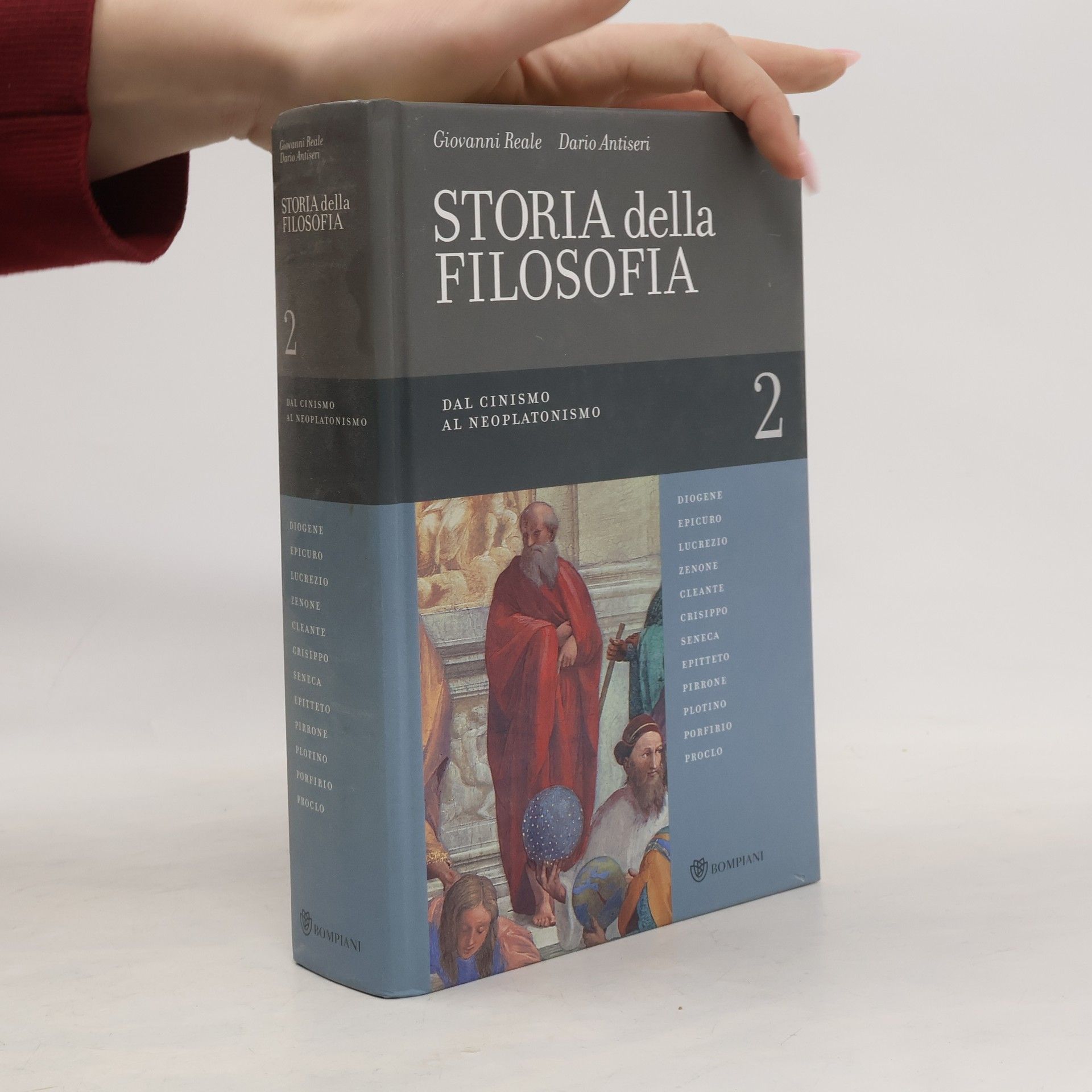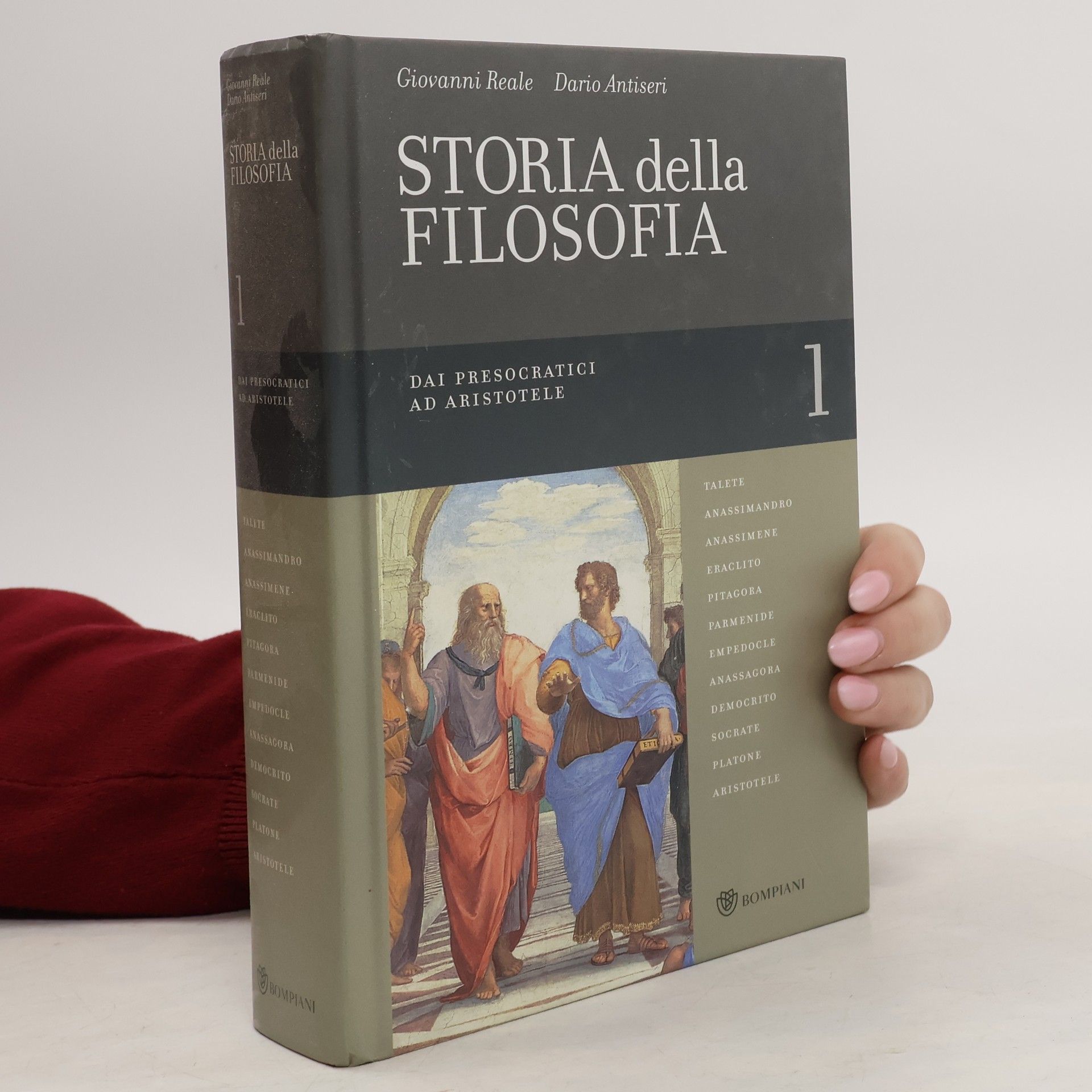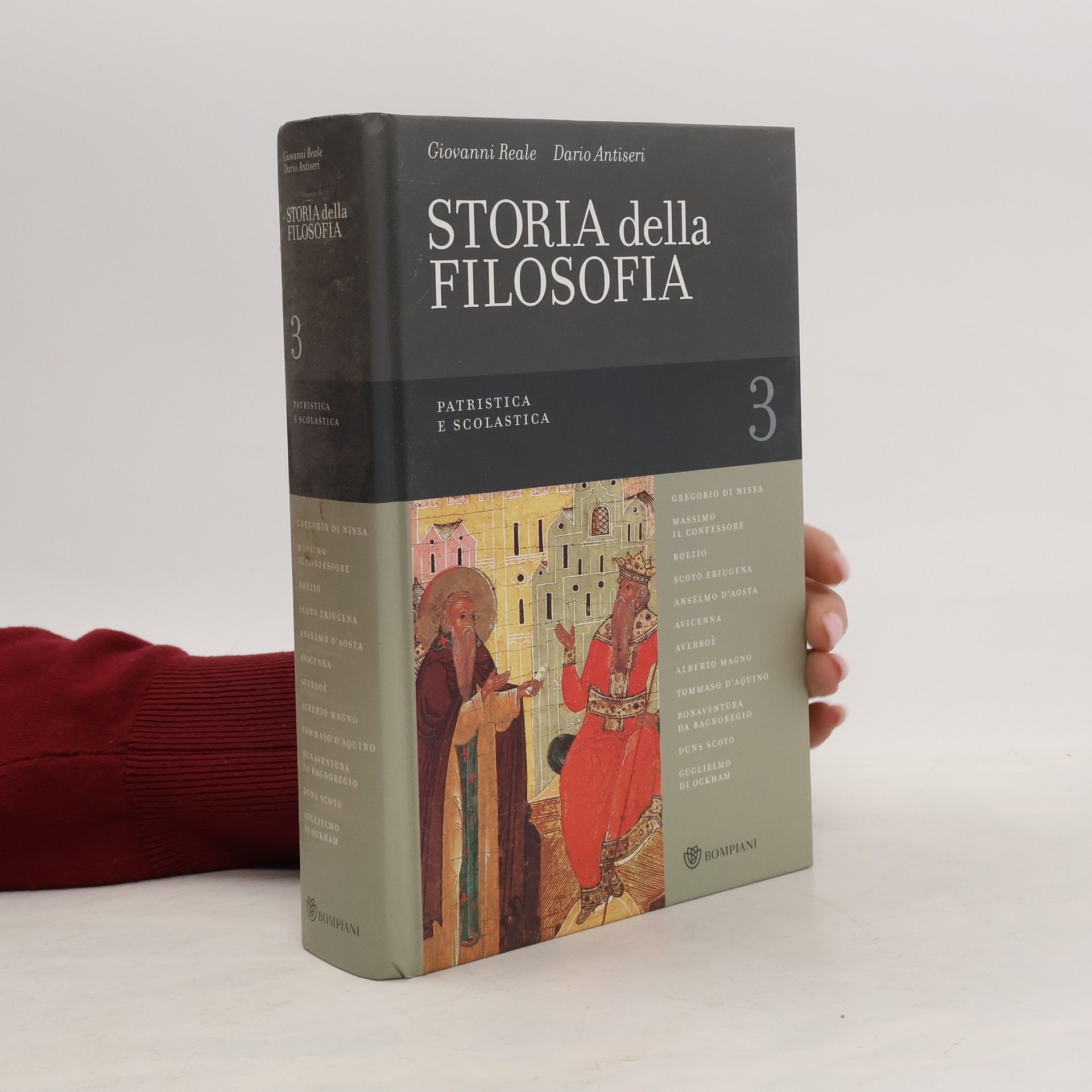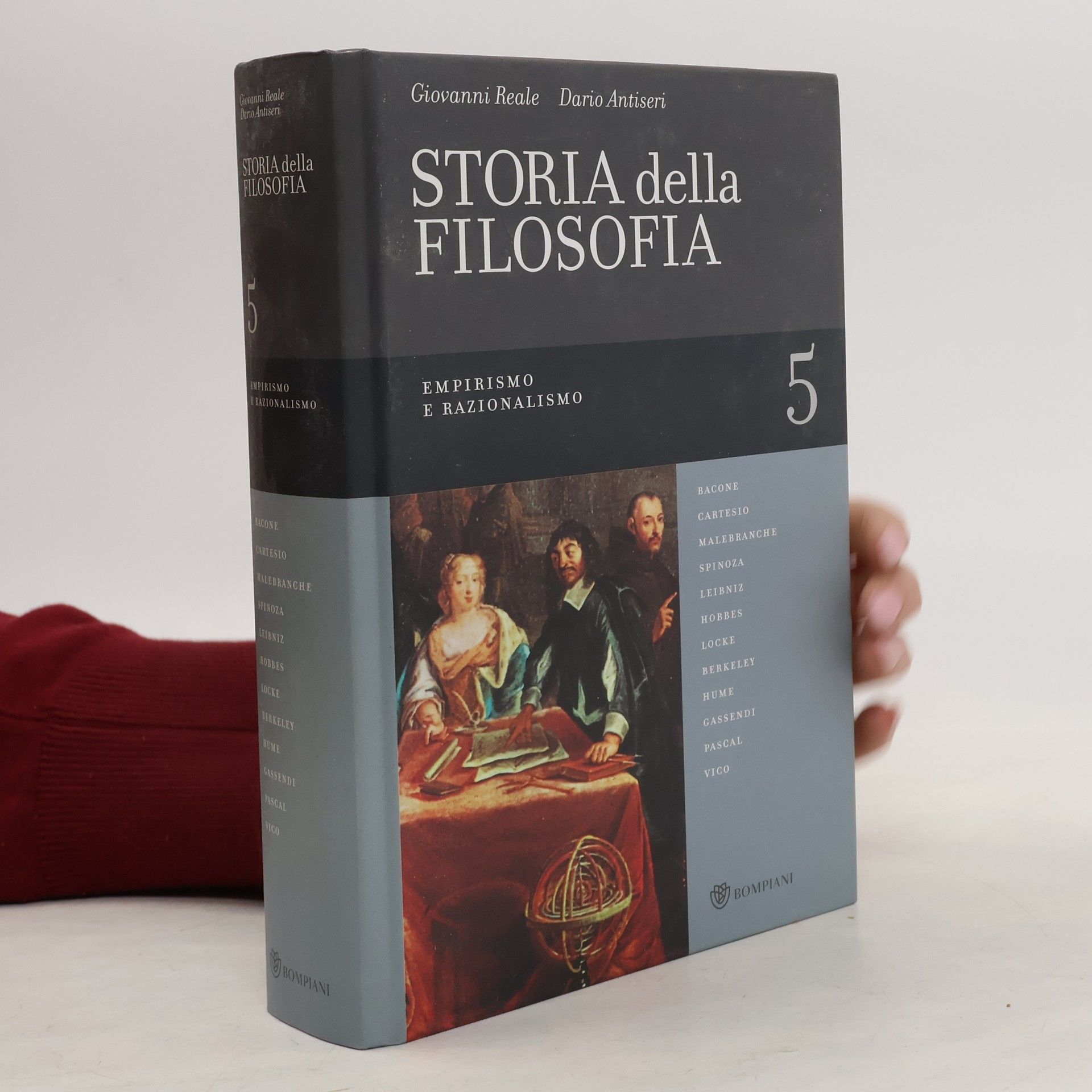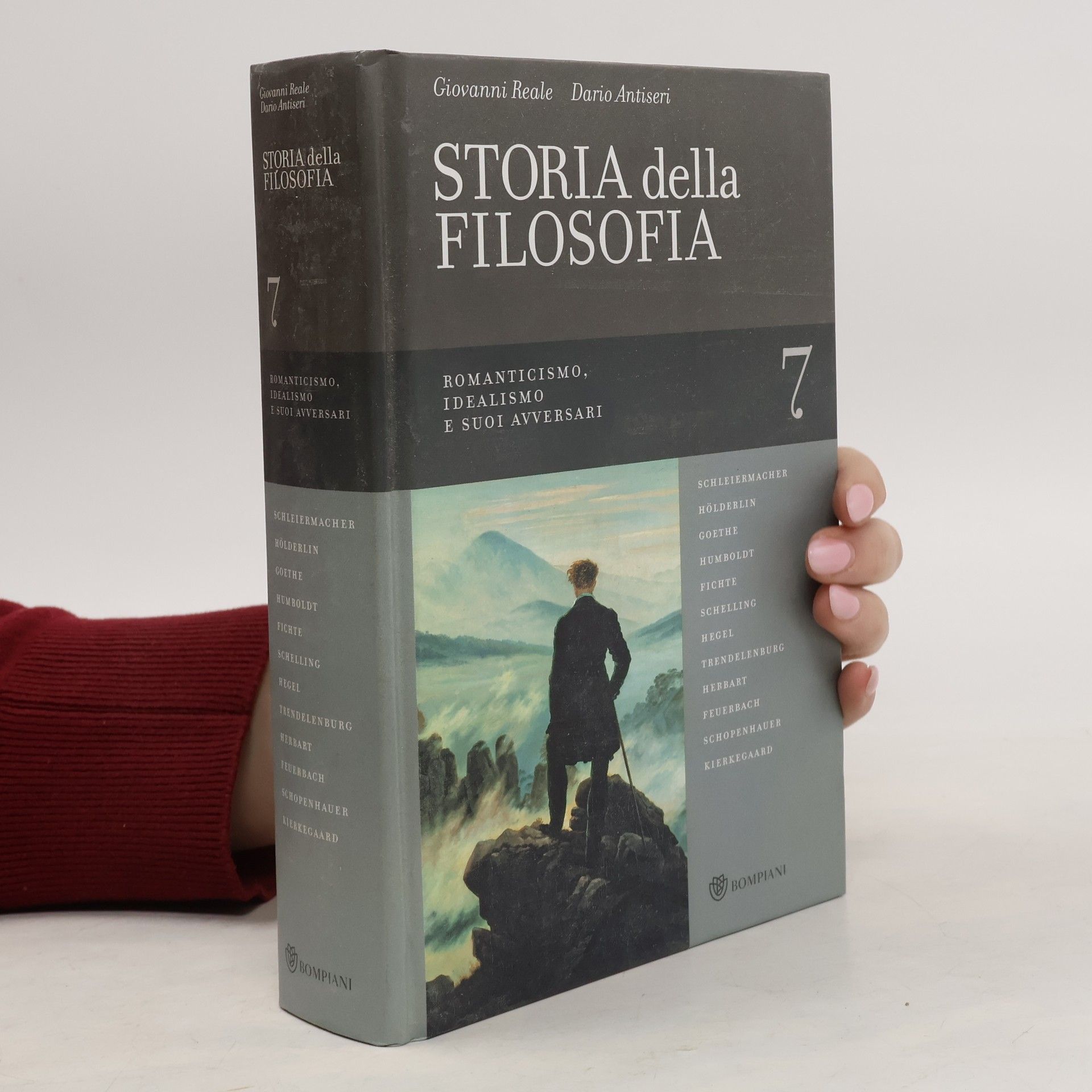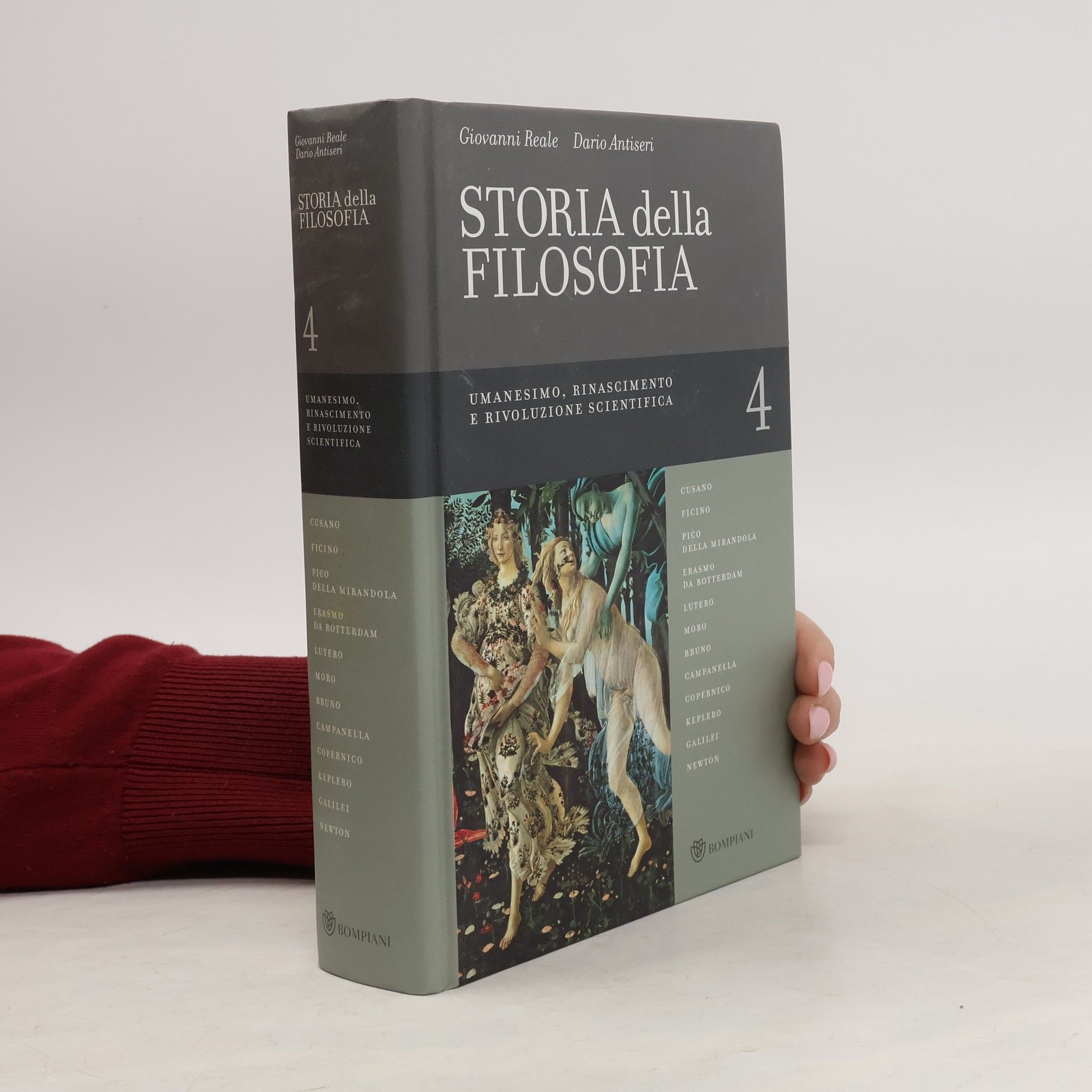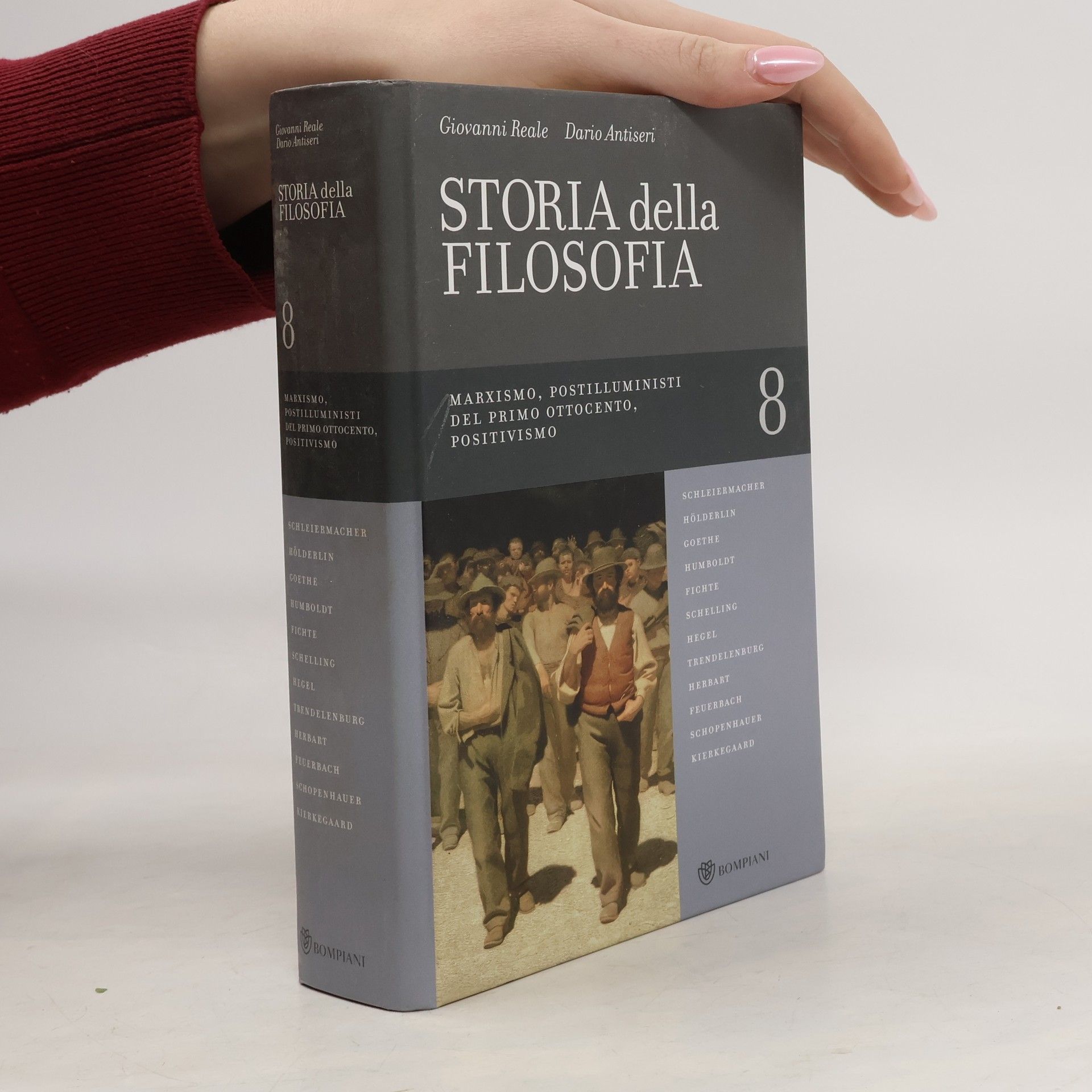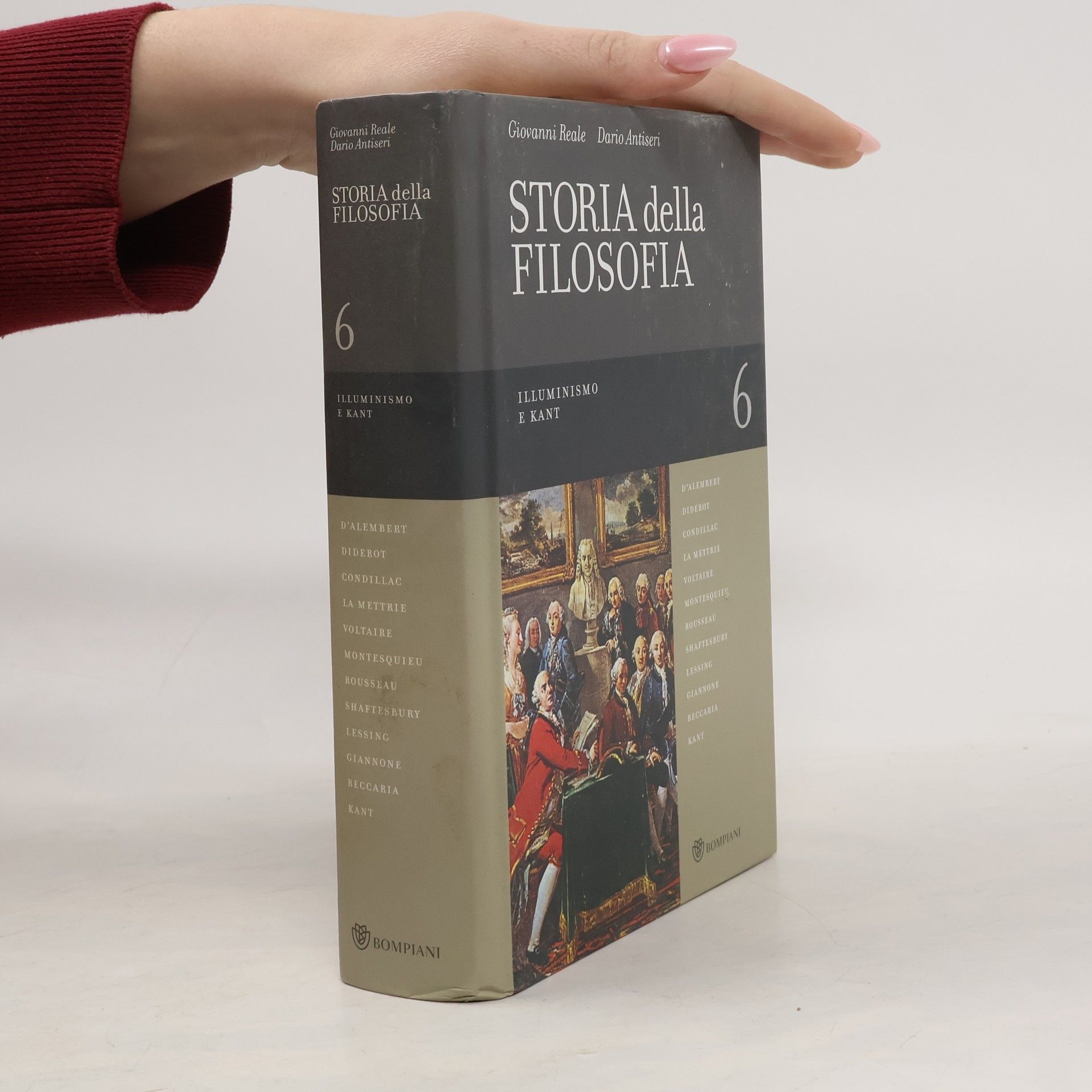Giovanni Reale Book order (chronological)
April 15, 1931 – October 15, 2014
Giacomo Reale was a prominent Italian philosopher and educator. His work primarily focused on the history of ancient philosophy and moral philosophy. He taught at several prestigious Italian universities, where his lectures and research significantly influenced contemporary philosophical thought. He also founded a research center for metaphysics, underscoring his deep interest in the fundamental questions of existence.


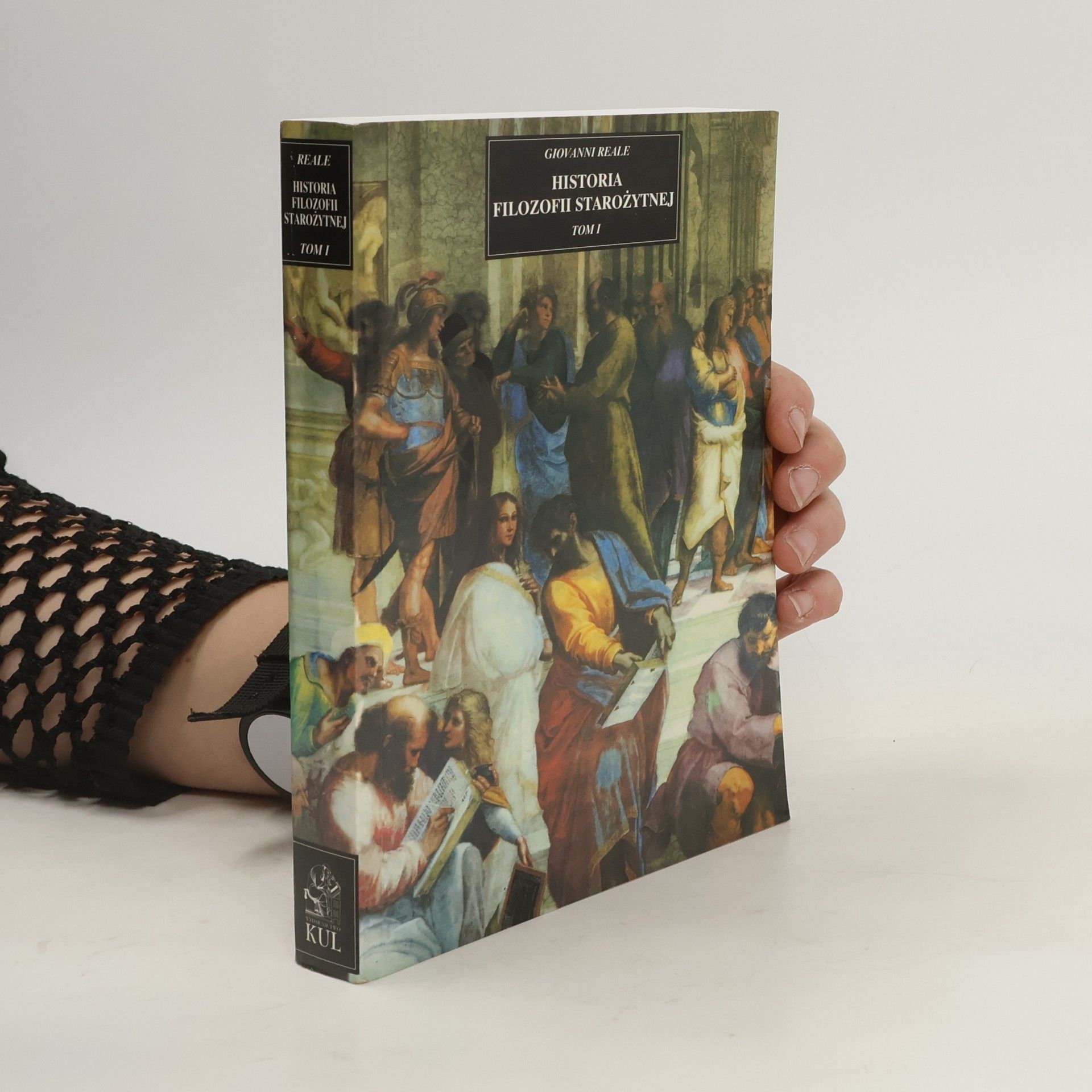
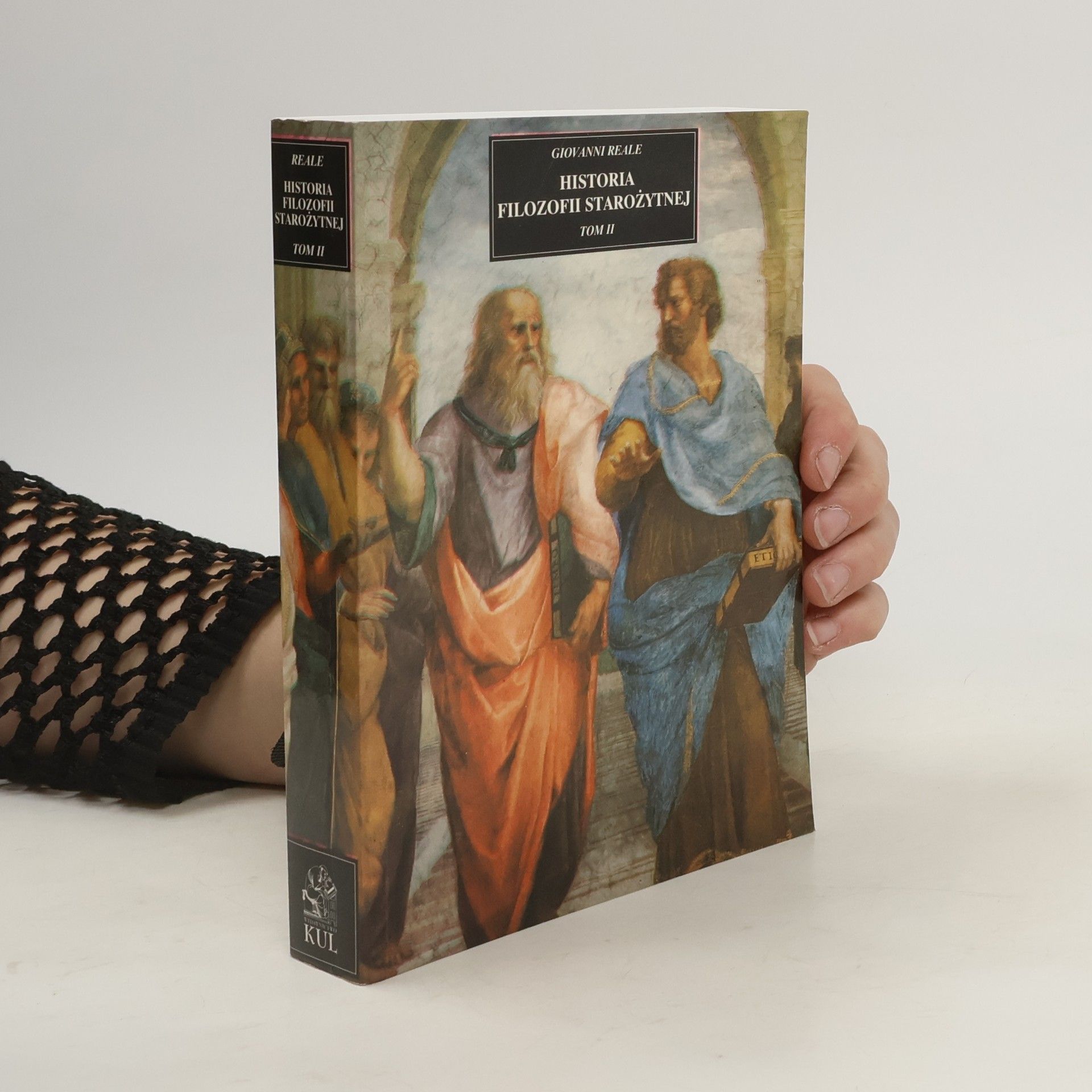
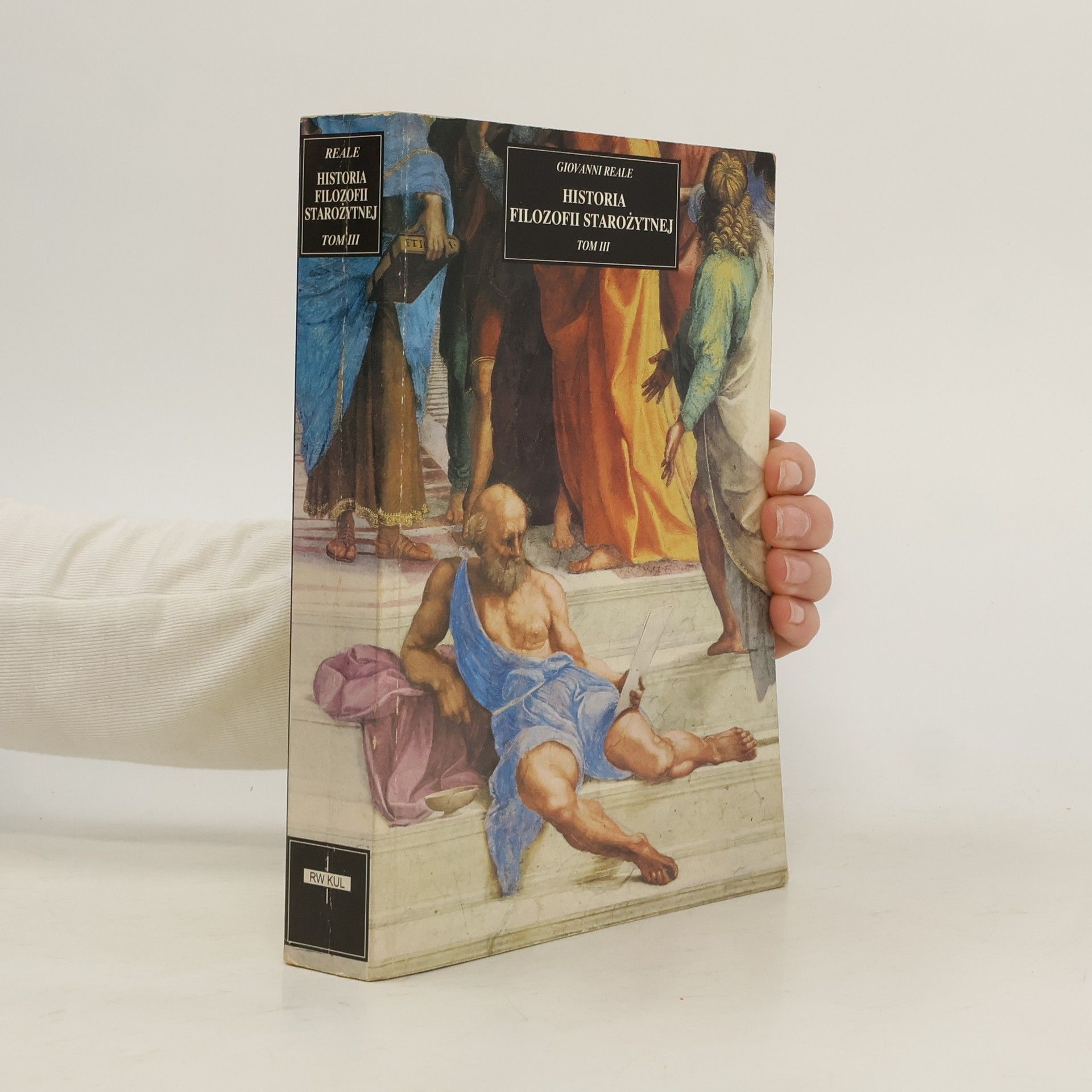
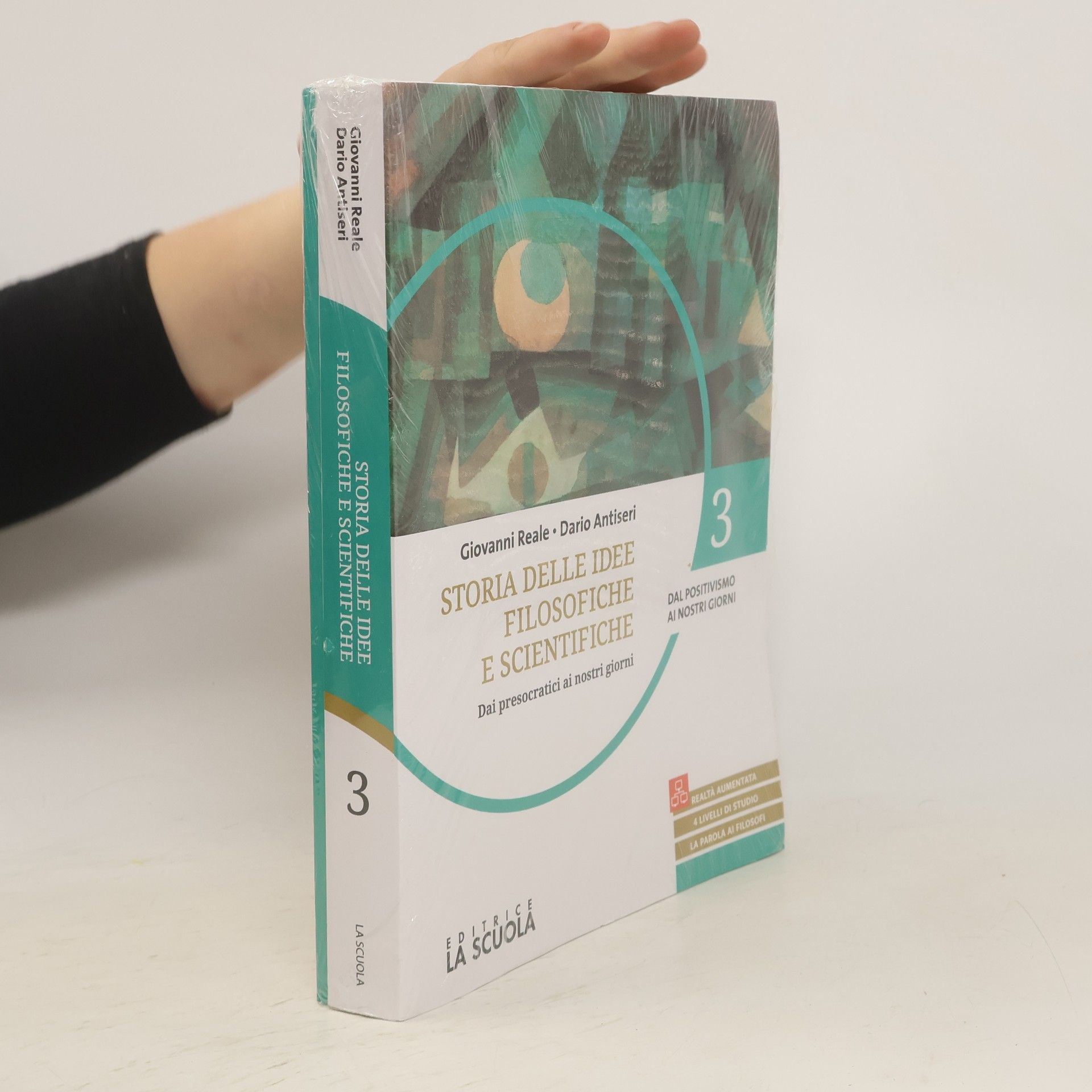

Storia della Filosofia 7
Romanticismo, Idealismo e suoi Avversari

